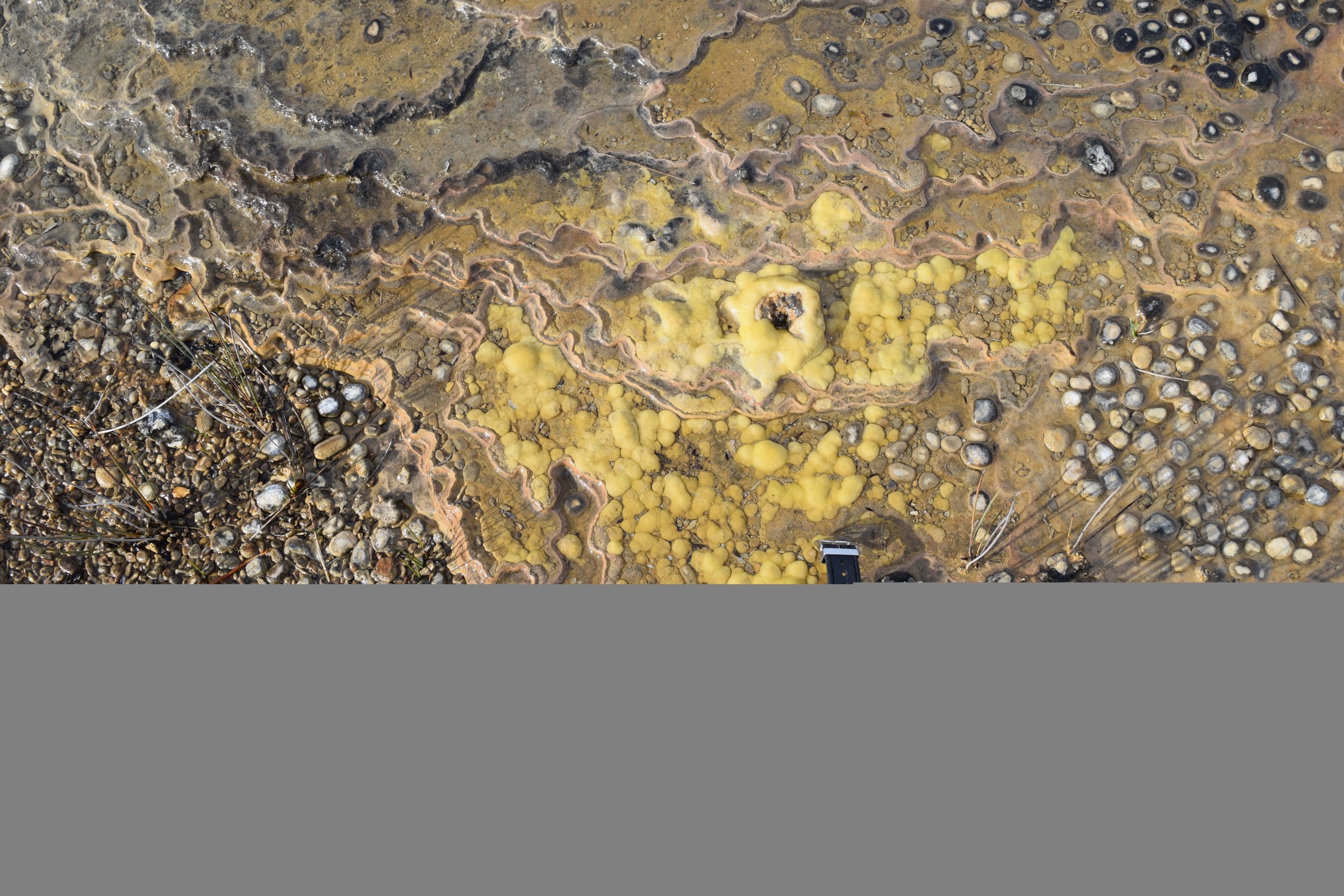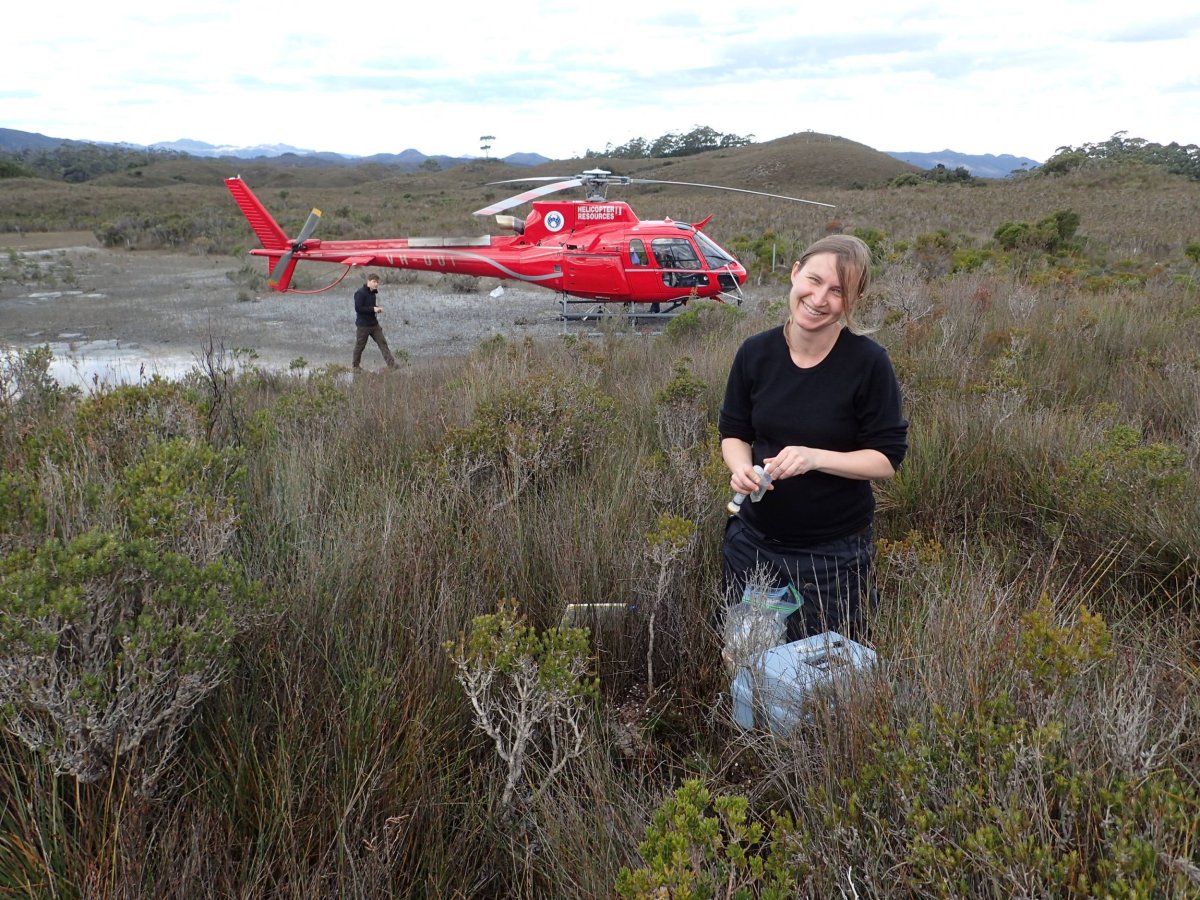
Stromatolites were likely the first living organisms on Earth, with fossil records dating these strange creatures back 3.7 billion years. Today, stromatolites are rare, mostly existing in fossil form, but scientists were shocked to find living ones hidden away in an untouched swamp in Tasmania, where they likely have thrived for the past few million years.
Stromatolites aren't what come to mind when you think of life. At first glance (and second and third) the organisms look like rocks, but in reality, they are layers and layers of cyanobacteria, a single-celled photosynthesizing microbe. Researchers believe this sedentary organism may have been the first example of life on Earth, but even if it wasn't, it's been around for nearly 4 billion years, which merits bragging rights. Photosynthetic cyanobacteria were also likely the only form of life on Earth for the first 2 billion years that life existed on our blue planet.
Related: Prehistoric, Dinosaur-era shark with insane teeth found swimming off coast of Portugal
Today, stromatolites are not nearly as populous as they once were; however, as shown in a paper published this week in Scientific Reports, they aren't extinct yet.
Scientists in Tasmania found stromatolites deep within the Tasmanian Wilderness World Heritage Area in a peaty swamp. The stromatolites developed around mineral-rich groundwater that was forced to the surface by geological structures in the underlying limestone rocks. In addition, a DNA analysis of the newfound stromatolites reveal that they are genetically different from any other known microorganism found in the world.

Stromatolites are so rare that finding any living specimen is pretty cool. According to the researchers in a report, these organisms often compete with more highly evolved water creatures, such as snails, for food sources in the environment. In the age-old story of "survival of the fittest," stromatolites cannot compete with these other organisms, so they often die. However, the stromatolites found in the Tasmanian swamp have a unique advantage as the highly mineralized water kills off snails in the area, eliminating food competition.
Related: Arminisaurus Schuberti: ancient bizarre sea creature found in Germany among 'mot complete' of its kind
The finding is also important as it is the first time that stromatolites have been found in Tasmania. The organisms have been found in North America and Western Australia, but previous stromatolite finds in Tasmania were only in ancient fossils. The stromatolites will likely continue to live and thrive in the Tasmanian swamp since they are protected by the government as part of the world heritage area. In addition, the spring mound where they exist is so remote they're a safe distance from any pesky human interference.

The team will continue to investigate the uncovered stromatolites and look further throughout the site to see if they can find any more signs of ancient life tucked away.
Uncommon Knowledge
Newsweek is committed to challenging conventional wisdom and finding connections in the search for common ground.
Newsweek is committed to challenging conventional wisdom and finding connections in the search for common ground.
About the writer
To read how Newsweek uses AI as a newsroom tool, Click here.








